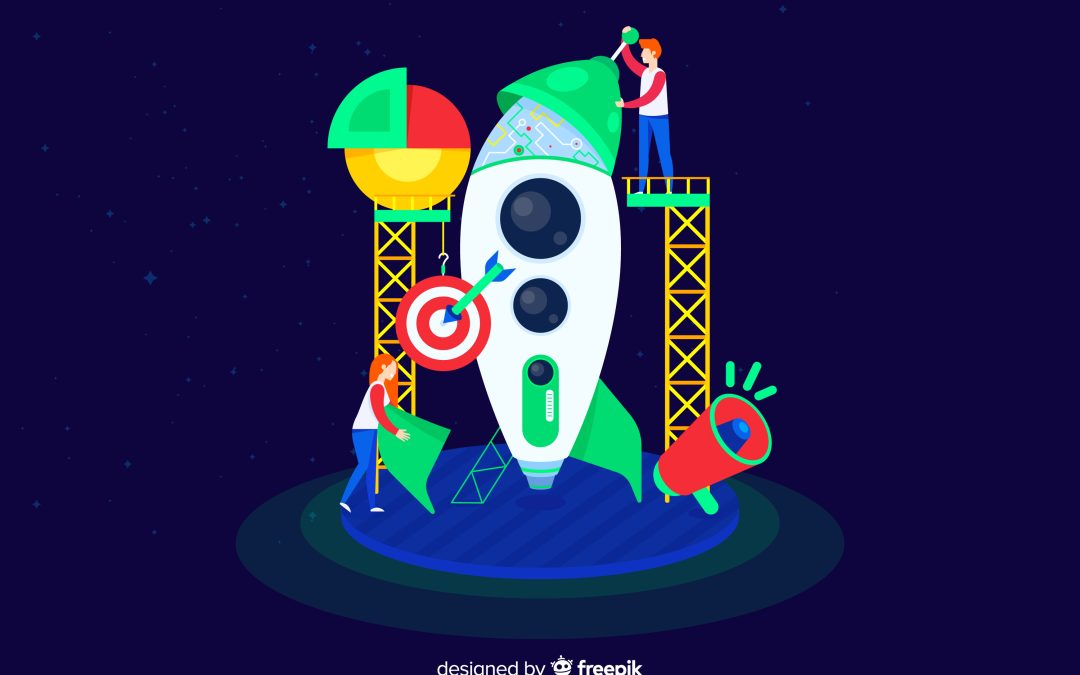The sports industry has become a global powerhouse, offering entertainment and competition and driving marketing and branding success for businesses worldwide. From professional leagues and major sporting events to grassroots movements, the sports industry provides unparalleled opportunities for brands to connect with audiences, foster loyalty, and expand their reach. This dynamic sector is a fertile ground for innovative marketing campaigns and branding strategies, fueled by passion, engagement, and wide-reaching media exposure.
This blog will explore how the sports industry has become the essential driver of marketing and branding success. We’ll look at key trends, strategies, and examples that demonstrate the immense power of sports marketing in the modern business landscape.
The Sports Industry: A Global Marketing Platform
The sports industry is a massive and highly influential global sector, covering everything from professional leagues such as the NFL, NBA, and FIFA to the rapidly growing world of esports competitions. The industry touches billions of people, uniting diverse demographics through a shared passion for athletic competition. This massive reach makes the sports industry an invaluable platform for brands looking to market their products and services.
Sporting events, especially global spectacles like the Olympics and the FIFA World Cup, draw massive audiences across various media channels, providing brands with opportunities to advertise, sponsor, and engage directly with millions of fans. Through TV commercials, digital marketing, or on-field branding, businesses can leverage the sports industry to increase visibility, create emotional connections, and drive consumer engagement.
Sponsorships and Brand Partnerships
One of the most effective marketing strategies within the sports industry is sponsorship. Brands partner with teams, athletes, and events to increase their exposure and align themselves with the positive values associated with sports, such as excellence, teamwork, and perseverance.
Sponsorship in the sports industry extends beyond traditional sports. With the rise of esports, brands are also tapping into digital gaming competitions to reach younger, tech-savvy audiences. Companies like Red Bull and Intel are leveraging esports sponsorships to enhance their brand identity and engage with a new generation of consumers.
Athlete Endorsements and Influencer Marketing
Athletes have become influential marketing agents within the sports industry. Top athletes are not just competitors but also personal brands with massive followings. Brands that partner with these athletes can harness their popularity to reach a wider audience and create authentic, relatable marketing campaigns.
Athlete endorsements go beyond simple product placements. They often involve storytelling, where athletes share personal journeys, struggles, and triumphs, allowing brands to humanize their message and create deeper emotional connections with consumers.
Virtual and Augmented Reality Experiences
Technologies like virtual reality (VR) and augmented reality (AR) are also transforming sports marketing. Brands can create immersive experiences that allow fans to interact with their favorite teams and athletes in new ways. For example, AR filters on social media allow fans to wear their team’s jersey or pose with a virtual version of their favorite player.
These interactive experiences enhance fan engagement and give brands a creative edge in competitive sports marketing. The sports industry’s willingness to embrace new technologies makes it a prime arena for innovation in marketing.
The Digital Revolution in Sports Marketing
The sports industry has undergone a digital transformation, creating new opportunities for marketing and branding. Digital platforms, social media, and streaming services have revolutionized how fans engage with sports, making it easier for brands to connect with audiences in real time.
Social Media Engagement
Social media platforms have become essential tools for sports marketing. Teams, leagues, and athletes use platforms like Facebook, Instagram, Twitter, and TikTok to engage with fans, share behind-the-scenes content, and promote events. This means more touchpoints for brands to engage consumers and create interactive experiences.
Conclusion
The sports industry is a vibrant and influential driver of marketing and branding worldwide. Its global reach, emotional impact, and constant evolution make it an ideal platform for brands to connect with audiences, tell compelling stories, and achieve lasting success. By embracing sponsorships, athlete endorsements, digital innovation, and new technologies, businesses can harness the immense potential of the sports industry to fuel their marketing and branding goals.


